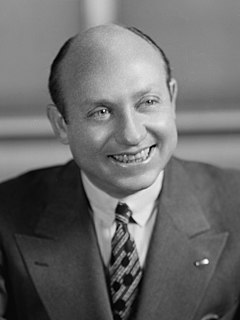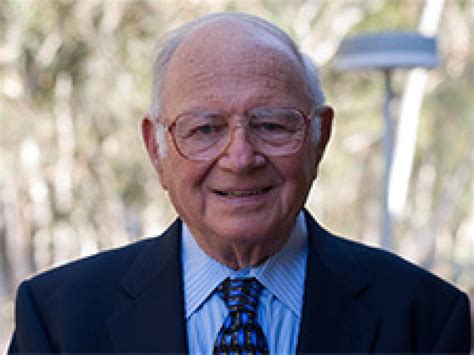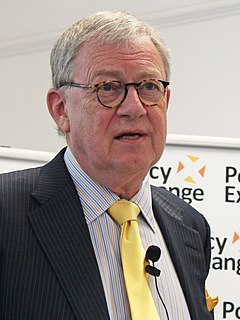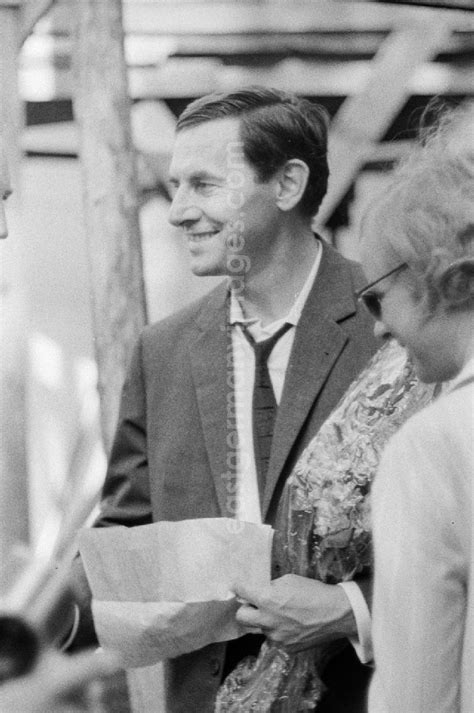A Quote by James O'Toole
In the 80s, Ford's successful introduction of the Taurus was, in large part, due to productivity gains resulting from the setting aside of outmoded work rules. Yet, inexplicably, union leaders ignored such efforts to foster employee involvement, much as unions largely stayed on the sidelines with regard to the equally promising practices of employee stock ownership and gain-sharing.
Related Quotes
One of the proven ways of getting workers more involved with their jobs is by dovetailing employee profit-sharing and stock ownership plans with greater responsibility sharing... Trade unions in this country should... consider these arrangements much more carefully than they have up to now... Expanded employee profit participation and stock ownership would provide workers with a greater measure of economic and social independence, thus stimulating increased productivity.
The failure of unions to support efforts to increase employee involvement and ownership coincided with their unwillingness to speak out on the broader issues of business effectiveness and performance. When foreign competitors threatened the survival of American manufacturers, unions chose to voice traditional employee demands for higher wages, better benefits, and more security. What they failed to provide were effective responses to the challenge of globalization.
Follow the money, Washington reporters like to say. The money is this case comes from taxpayers, present and future, who are the source of every penny of dues paid to public employee unions, who in turn spend much of that money on politics, almost all of it for Democrats. In effect, public employee unions are a mechanism by which every taxpayer is forced to fund the Democratic Party.
The sense of loss of control over what happens to you at work (and thus in your life is vital). This further involves a sense of fairness as in, I did my part and look where it got me! "The deal," the contract between employee and employer has eroded and been replaced with unilateral power by the organization over the employee.
































